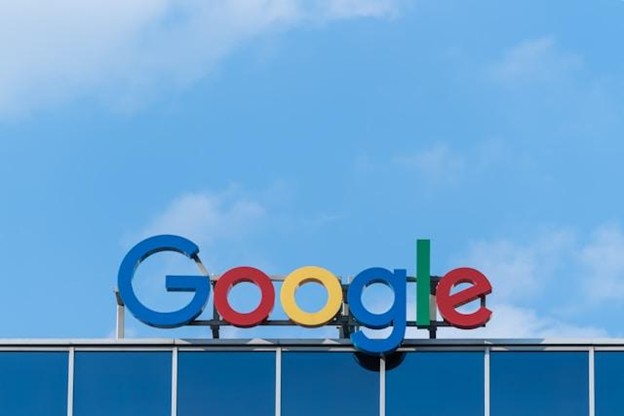Alphabet (NASDAQ: GOOGL), Google’s parent company, just got a major boost on Wall Street. Shares jumped more than 6% in premarket trading after a U.S. federal judge handed the tech giant a surprisingly light remedy in its long-running antitrust battle.
For years, regulators have argued that Google has an iron grip on search and mobile ecosystems, with critics calling for a breakup of its most powerful businesses. But on Wednesday, September 3rd, Judge Amit Mehta ruled that while Google did violate antitrust laws, it won’t be forced to spin off its Crown Jewels, the Chrome browser and the Android operating system.
Instead, Google faces limits on certain exclusive contracts with device makers and browser developers. Crucially, the company can still pay partners like Apple to feature its search engine as the default option, a practice at the heart of its dominance in online search.
The ruling immediately erased fears of a forced divestiture that had been weighing on Alphabet’s valuation. Analysts at MoffettNathanson called it “a home run for the status quo”, pointing out that being found guilty of monopolistic behavior yet escaping a breakup is “particularly favorable” for Google.
That means Alphabet not only gets to keep its existing empire intact, but it also has the freedom to deepen its lucrative partnership with Apple. Some analysts even see the decision opening the door for Alphabet’s Gemini AI to be integrated into future iPhones, a potential game-changer in the AI race.
Alphabet wasn’t the only winner. Apple shares also ticked up 2.6% premarket, as the ruling preserves billions in shared revenue from Google’s search deals. Alphabet’s stock is now up nearly 12% year-to-date, outpacing Amazon but still trailing Meta and Microsoft.
The U.S. government first sued Google back in 2020, arguing that its exclusive deals locked out competitors and illegally maintained a monopoly. Last year, Judge Mehta agreed Google had broken the law but stopped short of ordering a breakup. One reason is the rapid rise of AI tools like ChatGPT, which the judge saw as a credible source of competition in search.
That perspective proved decisive again this week. Rather than breaking up Google, the court is betting that new technologies like AI will naturally challenge its dominance.
For Alphabet investors, this ruling removes a massive cloud of uncertainty. The company gets to keep its most valuable assets intact, continue paying Apple to keep its search engine front and center, and focus on expanding its AI ambitions.
Google lives to fight another day, and the stock market loves it.



